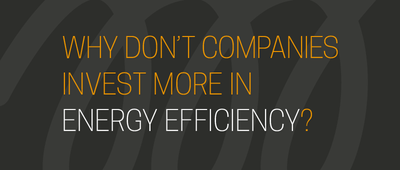After the energy storm, Europe needs strong industrial strategy
(EurActiv, 22 May 2023) The EU must develop an industrial strategy tailored to address the challenges faced by energy-intensive industries, write Giovanni Sgaravatti, Simone Tagliapietra, and Georg Zachmann.
Giovanni Sgaravatti, Simone Tagliapietra and Georg Zachmann are researchers at Bruegel, an economic policy think tank based in Brussels.
As Russia launched its brutal invasion of Ukraine last year, some European industrialists warned that an eventual interruption of Russian gas supplies to Europe would have caused the most significant economic crisis since World War II.
Today, after Russia reduced its flows to the EU by more than 80%, we can say with confidence that the course of events turned out to be very different. In 2022, the European industry was resilient beyond expectations to the energy storm, with both employment and output increasing above 2021’s levels.
This is good news. However, the closure of energy-intensive factories in sectors such as basic metals, chemicals, non-metallic minerals, and the paper industry should not be overlooked. Given their high electricity and gas consumption, energy costs significantly affect these industries, unlike less energy-intensive manufacturing sectors.
As the energy price gap between Europe and other parts of the world – such as the United States – is expected to remain wide for an extended period as a result of the new European energy equilibrium, the EU must develop an industrial strategy tailored to address the challenges faced by these energy-intensive industries.
External link
![]() EurActiv, 22 May 2023: After the energy storm, Europe needs strong industrial strategy
EurActiv, 22 May 2023: After the energy storm, Europe needs strong industrial strategy







